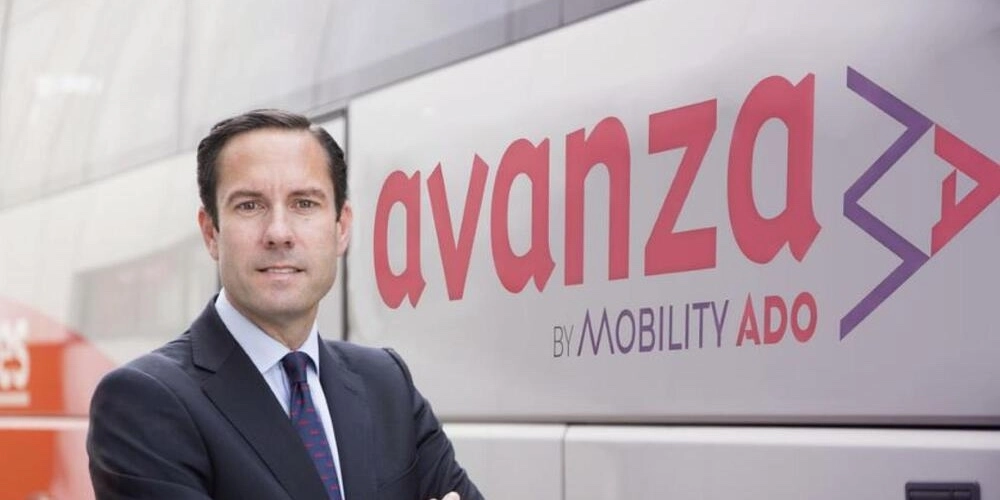Avanza makes its debut at the Global Mobility Call with its first hydrogen-powered bus, manufactured by Caetanobus.
In line with its strong commitment to innovation, the future, and energy transition, the company’s next steps focus on this new technology, currently in the pilot phase.
“With our hydrogen project, we aim to be partners with the administration in strategic decision-making,” asserts Valentín Alonso, General Director of the company, to Mobility Portal España.
In collaboration with HVR Energy, they have built a hydrogen station that produces green H2O and supplies it directly to the vehicle.
Recently, they have introduced the first fuel cell bus refueled with green hydrogen into the public transport service of the Regional Transport Consortium of the Community of Madrid.
This element is entirely renewable, produced exclusively with electricity.
It is a generation and supply station for heavy vehicles at 350 bar, with the capacity to produce 70 kilos of green H2O per day in its initial phase.
In a second stage, it will reach up to 280 kilos per day, enough to refuel two buses in the first phase and up to eight in the second.
Their goal is to assess the main barriers that hinder the massive scalability of hydrogen technology, considering aspects such as strengths, costs, among others.
“Two limiting factors for hydrogen are cost and distribution, as well as the lack of infrastructure,” notes Alonso.
Digizity: Avanza’s Bold Venture
Spain’s primary urban and metropolitan mobility operator is currently undertaking Digizity, co-funded by the European Union’s Next Generation funds through the R&D of the PERTE.
It is the largest European project for electric and connected vehicles, aimed at automating, decarbonizing, and digitizing urban transport through the use of zero-emission buses.
To achieve this, Avanza focuses on various pillars, including automation, energy efficiency, artificial intelligence, and data management.
“It’s a very ambitious plan that encompasses several aspects of sustainable mobility,” emphasizes Avanza’s General Director.
Not only does it provide assistance to the operator to facilitate bus driving, but it also enhances comfort conditions for passengers and increases safety.
Entities such as the Zaragoza City Council, Irizar, Jema Energy, Hispacold, Telnet, Nextium by Idneo, Itainnova (from Aragón), CATAG (from Galicia), Tecnalia (from the Basque Country), and Novadays are participating in this project.
The Irizar bus, a 12-meter-long ie-tram model, is ready to undergo final tests in the relevant environment of the new onboard systems and state-of-the-art communications it incorporates.
During the months of March and April, the first phase involved making the necessary adjustments and developments for the operation of the onboard systems in the vehicle.
The second testing stage involved putting it into operation with passengers.
In parallel, the automation pillar was reflected in the AutoMOST project carried out in Málaga, which became Europe’s first driverless bus.
“This constitutes our second step towards Digizity, and once completed, we will evaluate what future steps we will undertake,” he explains.
Challenges to Face in Advancing Decarbonization
Despite Avanza’s developments, Alonso maintains the need to go beyond “simply replacing combustion vehicles with electric ones.”
“In Spain, there are 32 million private vehicles with an average lifespan of 14 years and 40,000 buses,” he points out.
This is a challenge that is not yet fully reflected in the measures implemented by the European Union.
Therefore, he considers it crucial to promote the use of public transport through tariff policies that reduce costs and improve service quality.
This should be accompanied by the renewal of fleets with zero-emission vehicles.








